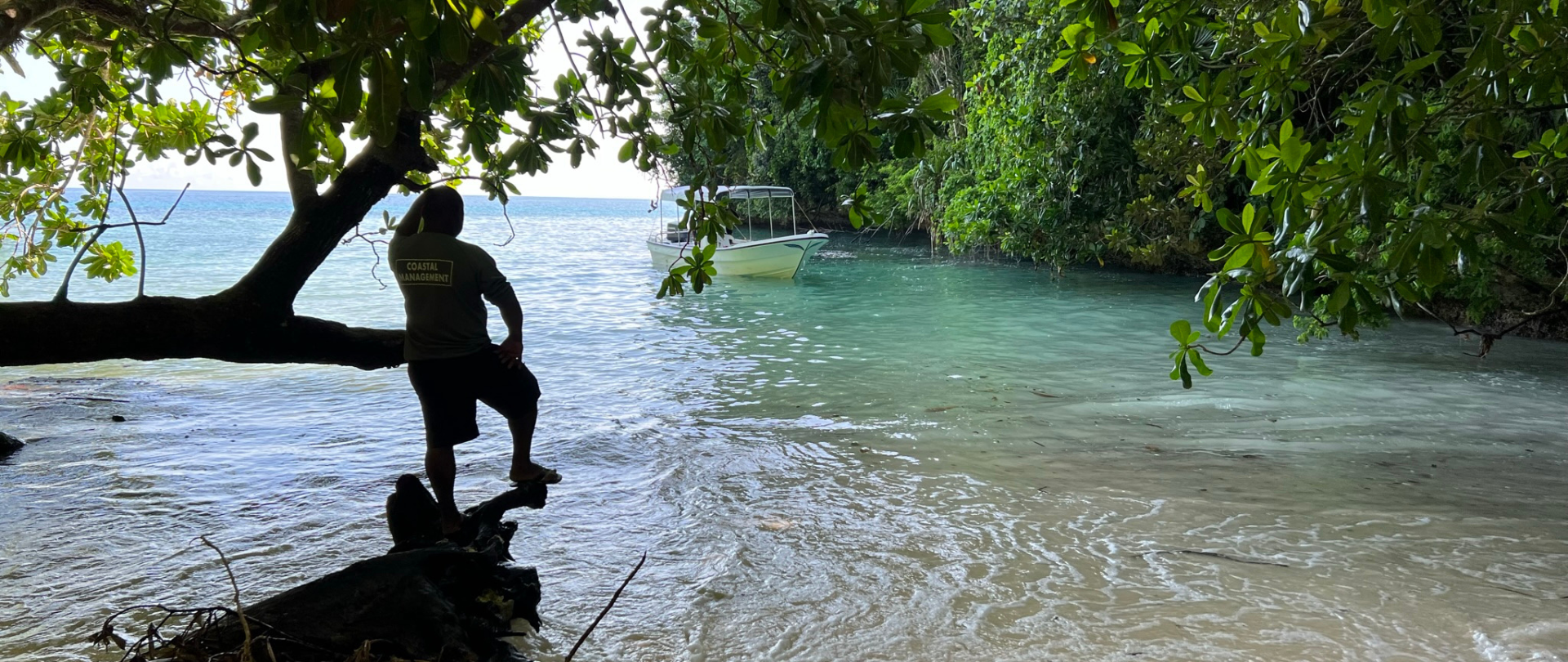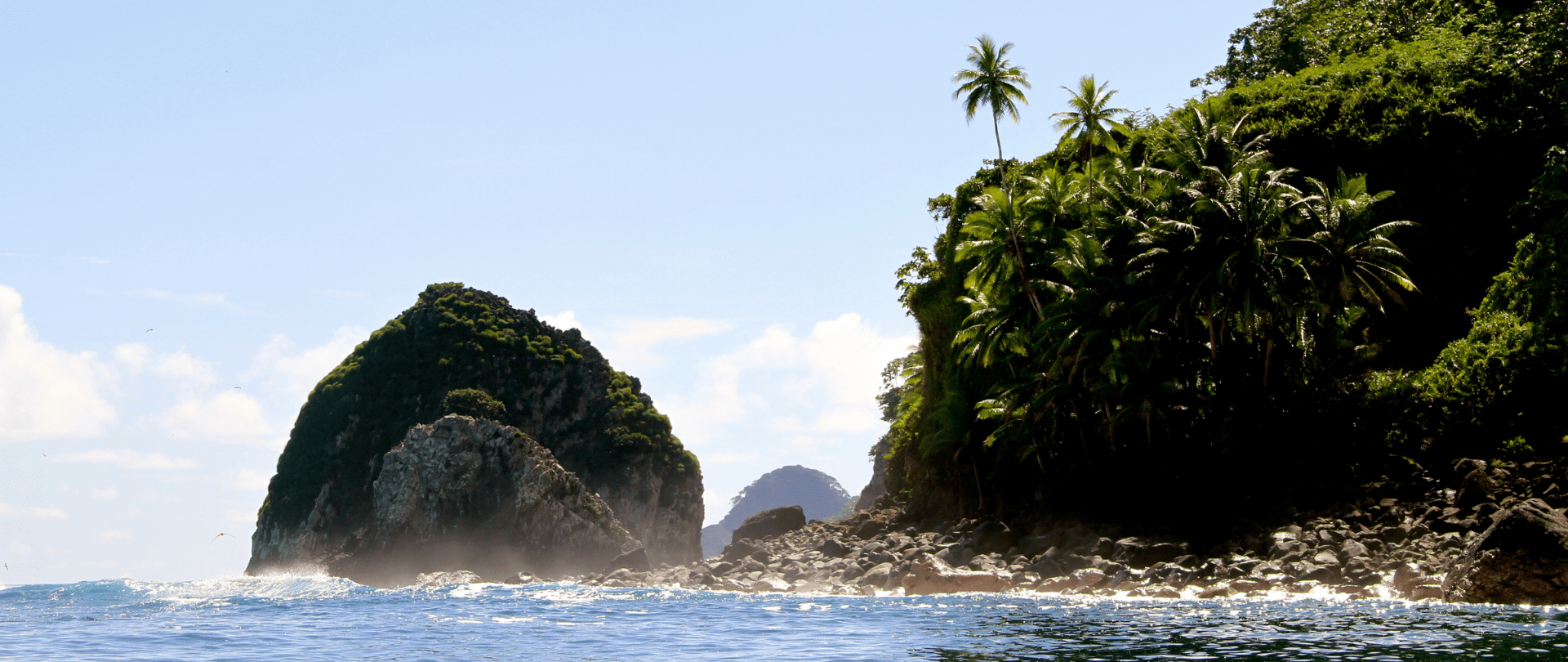October 29, 2025
Data Shows Endangered Palau Ground Doves Swiftly Recovering After Successful Palauan Island Conservation Effort
Astounding evidence of recovery on Ulong Island in Palau after just one year!
Published on
May 24, 2017
Written by
Emily Heber
Photo credit
Emily Heber

Normally, Polar Bears feed on Ringed Seals by stealthily sneaking up on the ice sheets to catch their prey. But, as climate change progresses and sea ice melts, this natural behavior is subject to change; Polar Bears could begin to seek out and become dependent on different food sources. A study published in the Journal of Animal Ecology has an unnerving story to report. Turns out, behavioral changes caused by climate change might be making Polar Bears invasive predators.
Since sea ice cover has been decreasing, Polar Bears have a more difficult time hunting the way they used to. In order to adapt, many Polar Bears are staying near goose nesting grounds. The bears can easily wander through the nesting grounds and snatch any goose eggs they find. Remember, a 1000lb adult male Polar Bear is evolutionarily accustomed to the calories of a Ringed Seal—such a hefty individual needs a lot of goose eggs to survive. The researchers noted:
But it is…obviously, a disaster for the geese who now face a predator not previously experienced. The impacts of a drop in geese numbers may affect more than just the birds themselves.

Herein lies the problem: Polar Bears are eating a huge proportion of goose eggs and Snow Geese are not evolutionarily prepared for this level of predation on their nests. The problem has cascading consequences: goose eggs are an important food source for fox cubs. With Polar Bears newly on the hunt for goose eggs, they are likely to be outcompeted.
Changes in the food web of this magnitude could be ecologically devastating. Researchers believe the shift in predator-prey interactions can impact the grasslands where geese and reindeer graze. Without an abundance of geese, the tundra could see its own shift in natural cycles. As climate change progresses and species begin to adapt their behaviors, food web changes could become a common and serious problem.
Featured photo: Ringed Seal. Credit: Natalie Tapson
Source: IFLScience
Check out other journal entries we think you might be interested in.

October 29, 2025
Astounding evidence of recovery on Ulong Island in Palau after just one year!

May 19, 2025
Read our position paper on The 3rd United Nations Ocean Conference (UNOC 3) to see why we're attending and what we aim to accomplish!

December 4, 2024
Ann Singeo, founder of our partner organization the Ebiil Society, shares her vision for a thriving Palau and a flourishing world of indigenous science!

November 22, 2024
This historic agreement aims to protect the marine and coastal areas of the Southeast Pacific.

November 18, 2024
Our projects to restore key islets in Nukufetau Atoll forecast climate resilience and community benefits in Tuvalu!

November 5, 2024
Island Conservation attended the 16th meeting of the Conference of the Parties to the Convention on Biological Diversity!

October 3, 2024
Island Conservation and partners have published a new paper quantifying ecosystem resilience on restored islands!

September 10, 2024
Climate Week NYC: what is it and why is it important? Read on to find out why Island Conservation is attending this amazing event!

September 5, 2024
With sea levels on the rise, how are the coastlines of islands transforming? Read on to find out how dynamic islands really are!

June 24, 2024
Part 2 of filmmaker Cece King's reflection on her time on Juan Fernandez Island in Chile, learning about conservation and community!